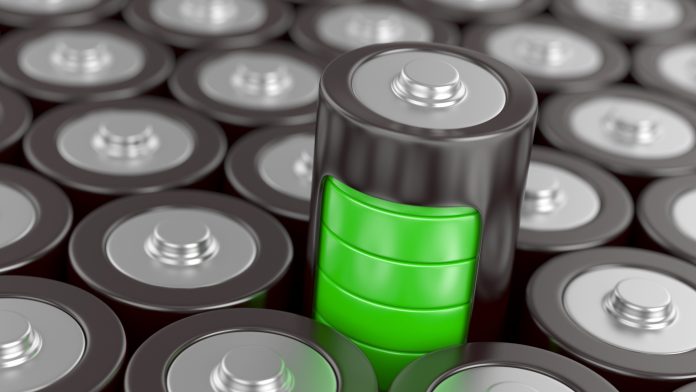A research team at the University of Bayreuth is making monumental strides towards optimising the efficiency and storage capacity of environmentally friendly, iron-based flow batteries.
The team, led by Professor Dr Birgit Weber, is confident that the refinement of flow batteries can revolutionise the battery industry due to their substantial economic and ecological potential.
The project has received €120,000 in funding from the “Experiment!” initiative of the Volkswagen Foundation, which will support the project for one and a half years.
Flow batteries (redox flow batteries) have a litany of attributes that make them superior to the lithium-ion batteries that are commonly used – possessing a service life comparable to that of lithium batteries but importantly lacking the environmentally harmful substances that are emitted by them.
They demonstrate unparalleled versatility, with their modular design giving the potential to spatially decouple energy storage from the charging and discharging processes – achieving high storage capacities despite the energy density of their liquid electrolytes being relatively low.
However, the biggest obstacle in producing flow batteries on a commercial scale has been finding a suitable element, with the previously used vanadium being far too scarce and extortionately priced to make economic sense – in addition to frequently containing impurities. Nevertheless, the researchers believe that iron could be the answer to large-scale production.
Weber said: “Today, iron is considered by far the most promising candidate for flow batteries. It is one of the most abundant and inexpensive metals on Earth and is characterised by low toxicity and suitability for use in various molecular environments.”
Iron can occur in either the divalent form Fe2+ or the trivalent form Fe3+; both types of iron form molecular complexes present in different quantum mechanical states; these are called spin states. External factors such as temperature changes can influence these spin states, with the researchers utilising this method to further develop flow batteries.
They understand that the spin state of iron complexes directly correlates to influencing their redox potential – which is the measurement of the driving force of the redox reactions that occur in the electrolytes of flow batteries.
The scientists believe that this is where the potential for optimisation lies in flow batteries. By precise manipulation of the iron’s spin state, they will be able to maximise efficiency by controlling the redox potential.
“Our goal is to develop environmentally friendly and highly efficient flow batteries based on iron. Due to their high storage capacity, these will be able to contribute to significantly increasing the share of sustainable energy sources in our energy mix,” added Weber.









